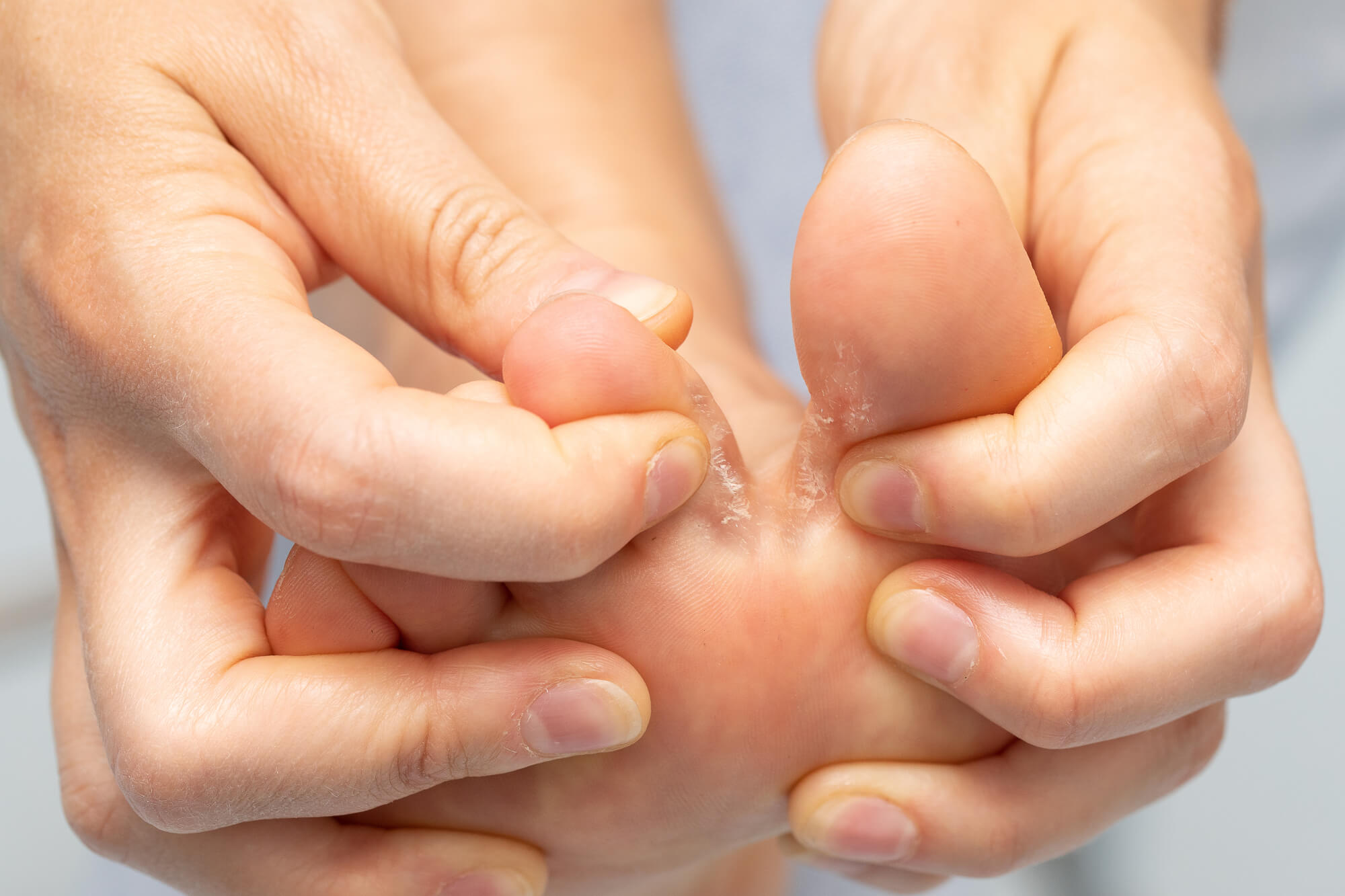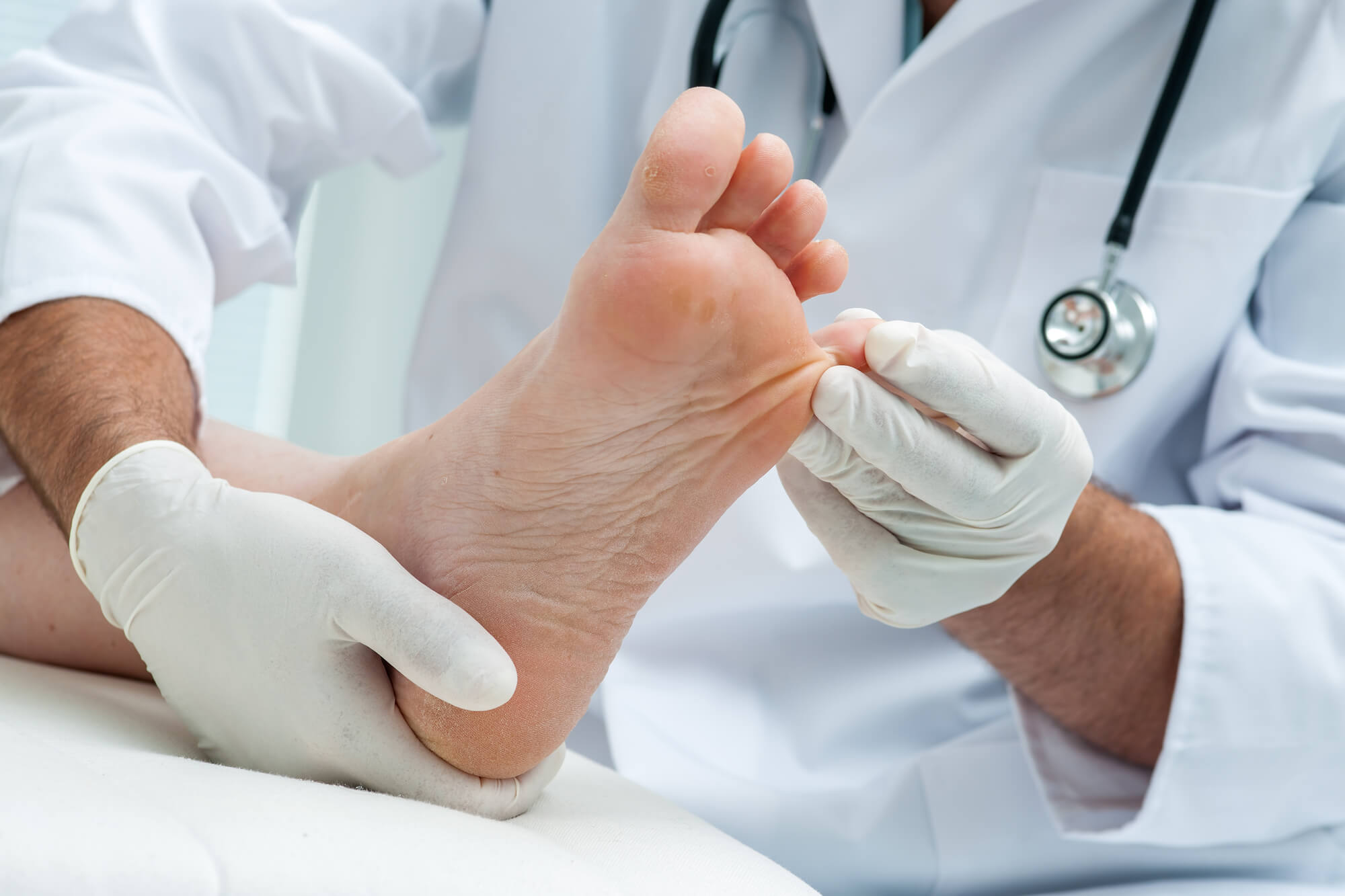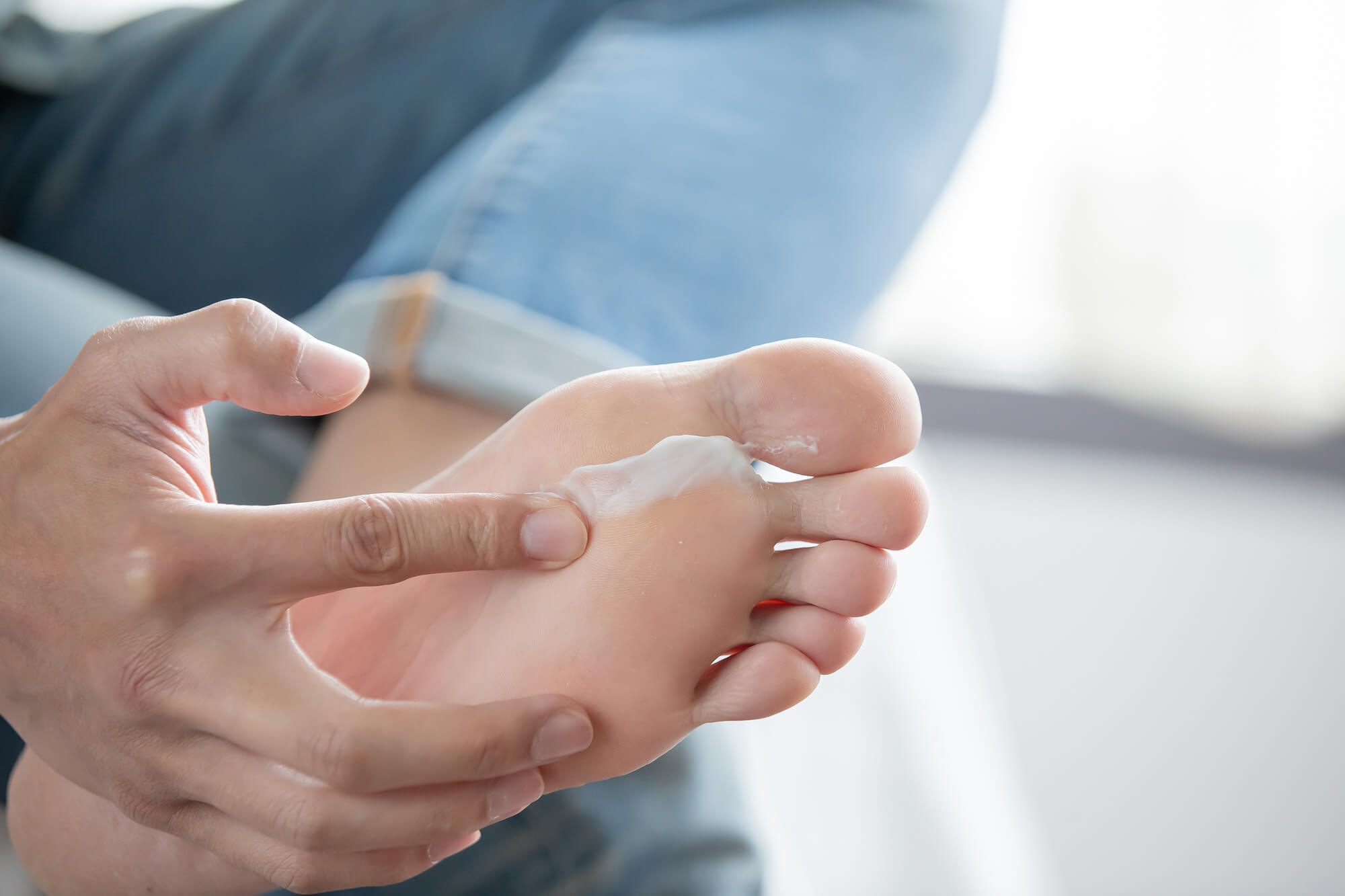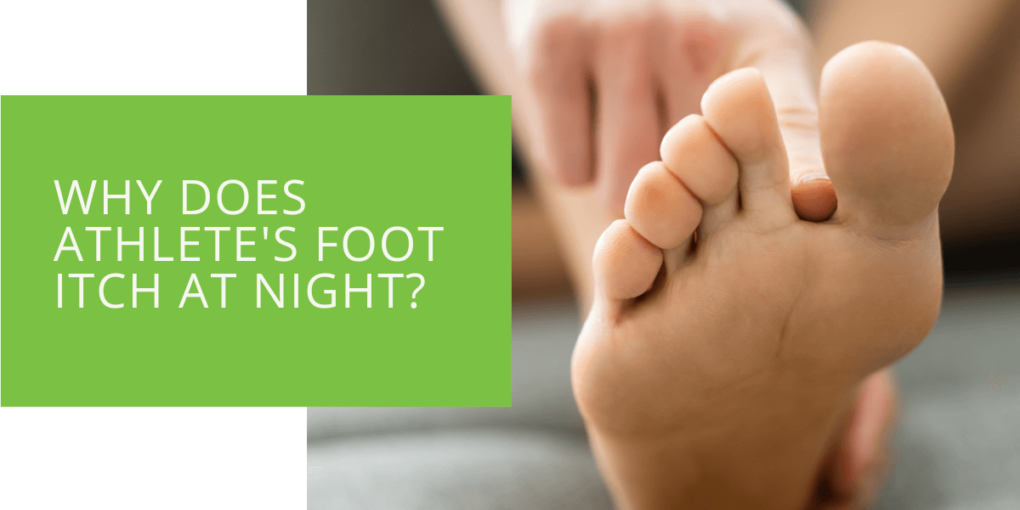Why Does Athlete’s Foot Itch at Night?
Athlete's foot is a common fungal infection that affects the feet, causing itchy, scaly, and sometimes blistering skin. One of the most common and frustrating symptoms of athlete's foot is itching, especially at night. In this article, we'll discuss the causes of athlete's foot itching at night, the various treatments available, and preventive measures to avoid this uncomfortable condition.
What Is Athlete's Foot?
Athlete's foot, also known as tinea pedis, is a common fungal infection that affects the skin on the feet. The condition is caused by various fungi that thrive in warm and moist environments. Athlete's foot is highly contagious and can be transmitted through direct contact with an infected person or contact with contaminated surfaces, such as shower floors and towels.
Why Does Athlete's Foot Itch at Night?
Itching is a common and frustrating symptom of athlete's foot, especially at night. The reasons for this can be attributed to several factors, including:
Overview of Itching and Its Causes
Itching is a normal body response triggered by many factors, such as allergies, dry skin, infections, and more. When the skin is infected by the fungus responsible for athlete's foot, it can become itchy due to the body's inflammatory response to the infection. Itching is a natural part of the body's response to inflammation and is often accompanied by redness, warmth, and swelling.

How Itching Is Related to Athlete's Foot
Athlete's foot is caused by various types of fungi that thrive in warm and moist environments. The fungus can grow on the skin and cause inflammation, which triggers the body's immune response. This immune response can cause the skin to become itchy, especially at night when the body is at rest, and the skin is not being touched or rubbed by clothing or footwear. The combination of inflammation and a reduced stimulus to the skin during sleep can make the itchy sensation even more uncomfortable.
Circadian Rhythm and Its Impact on Itching
The body's circadian rhythm, or internal clock, can also contribute to itching at night. The circadian rhythm is responsible for regulating many of the body's natural processes, including sleep and wakefulness. It also influences the body's response to inflammation and itching. Research has shown that levels of certain immune cells, which are responsible for triggering itching, are higher at night. Additionally, the body's production of cortisol, a natural anti-inflammatory hormone, is lower at night, which can exacerbate itching and inflammation.
In addition to these factors, other causes of itching associated with athlete's foot include dry skin, sweating, and skin irritation caused by scratching. Understanding the causes of athlete's foot itching can help you identify the appropriate treatment options and prevent the condition from worsening.

Other Symptoms of Athlete's Foot
In addition to itching, athlete's foot can cause several other symptoms, including:
- Burning and stinging sensation: The skin on the feet may feel burning or stinging, especially when walking or standing.
- Cracking and peeling: The skin on the feet may become dry and scaly, leading to cracking and peeling.
- Bad odor: Athlete's foot can cause an unpleasant odor due to the growth of bacteria.
Causes of Athlete's Foot Itching at Night
The main cause of athlete's foot itching at night is a fungal infection. However, other factors can also contribute to this uncomfortable sensation, including:
- Dry skin: Dry skin can cause itching, and athlete's foot can cause the skin on the feet to become dry and scaly, leading to more itching.
- Sweating: Sweating can cause the feet to become moist, making it easier for the fungus to grow. Excess moisture can also cause itching.
- Skin irritation caused by scratching: Scratching can cause skin irritation and inflammation, leading to more itching.

How to Treat Athlete's Foot Itching at Night
There are several treatments available to relieve the itching caused by athlete's foot, including:
- Over-the-counter antifungal creams and powders: These products contain antifungal agents that can kill the fungus and reduce itching. They are usually applied to the affected area twice a day for a period of 2 to 4 weeks.
- Prescription medications: If over-the-counter products do not work, your podiatrist may prescribe an oral or topical antifungal medication.
- Home remedies to relieve itching: Soaking the feet in cool water, using a cool compress, or applying a mixture of baking soda and water to the affected area can help reduce itching.
- Preventive measures to avoid athlete's foot and itching: These measures include keeping the feet clean and dry, wearing breathable shoes, avoiding sharing shoes and socks, and using antifungal powders or sprays to prevent reinfection.
It's important to note that if you have eczema or dermatitis, you may be more susceptible to developing athlete's foot. In such cases, it's best to consult with a podiatrist who can recommend the best treatment options for your specific needs.
When to See a Podiatrist
If you're experiencing persistent and severe itching, it's important to seek medical attention from a podiatrist. Other signs that you should see a podiatrist for athlete's foot include:
- Pain or swelling in the feet
- Open sores or blisters on the feet
- Signs of infection, such as redness, warmth, or pus
- Changes in the color or texture of the skin
Conclusion
Itchy feet can be a sign of athlete's foot, a common fungal infection that affects the skin on the feet. The reasons for itching at night can be attributed to several factors, including the circadian rhythm and the nature of the fungal infection. The good news is that there are several treatments available to relieve the symptoms of athlete's foot, including over-the-counter antifungal creams, prescription medications, and home remedies. Preventive measures, such as keeping the feet clean and dry, can also help reduce the risk of developing athlete's foot and itching. Remember, if you're experiencing persistent and severe itching, it's important to seek medical attention from a podiatrist to prevent the condition from worsening and causing complications.

